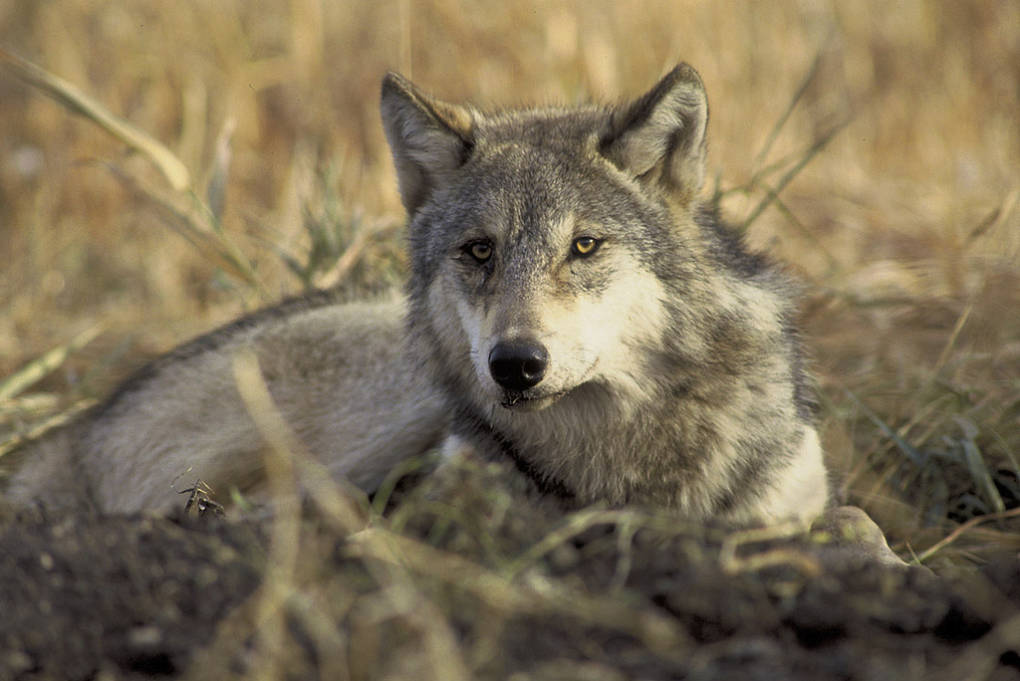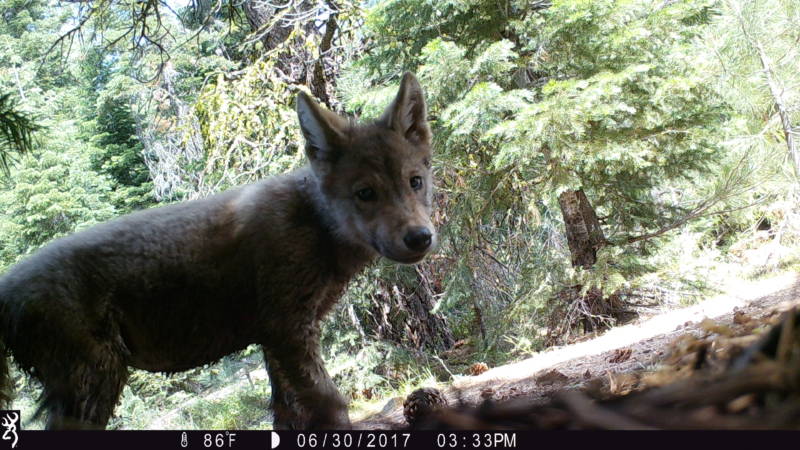A California judge on Monday upheld protection for gray wolves under the state’s Endangered Species Act, rejecting a legal challenge from ranchers and farmers who fear the predators will threaten their livestock.
The judge in San Diego ruled that California was right to list the wolves as endangered in 2014. A lawsuit on behalf of the California Farm Bureau Federation and the California Cattlemen’s Association argued the listing was arbitrary because there are so few wolves in California.
The suit, filed by the Pacific Legal Foundation in January of 2017, claimed the type of gray wolf recently observed in California is a “non-native subspecies,” and challenged whether it had sufficiently established a range in the state.
According to Jim Houston, the Farm Bureau’s manager of legal and governmental affairs, the suit was filed to give ranchers “more flexibility in co-existing with wolves.”
Houston said in a statement that the group is committed to working with the state to reduce “the burdens of raising livestock in areas with wolves, but we do not expect it to be easy.”

